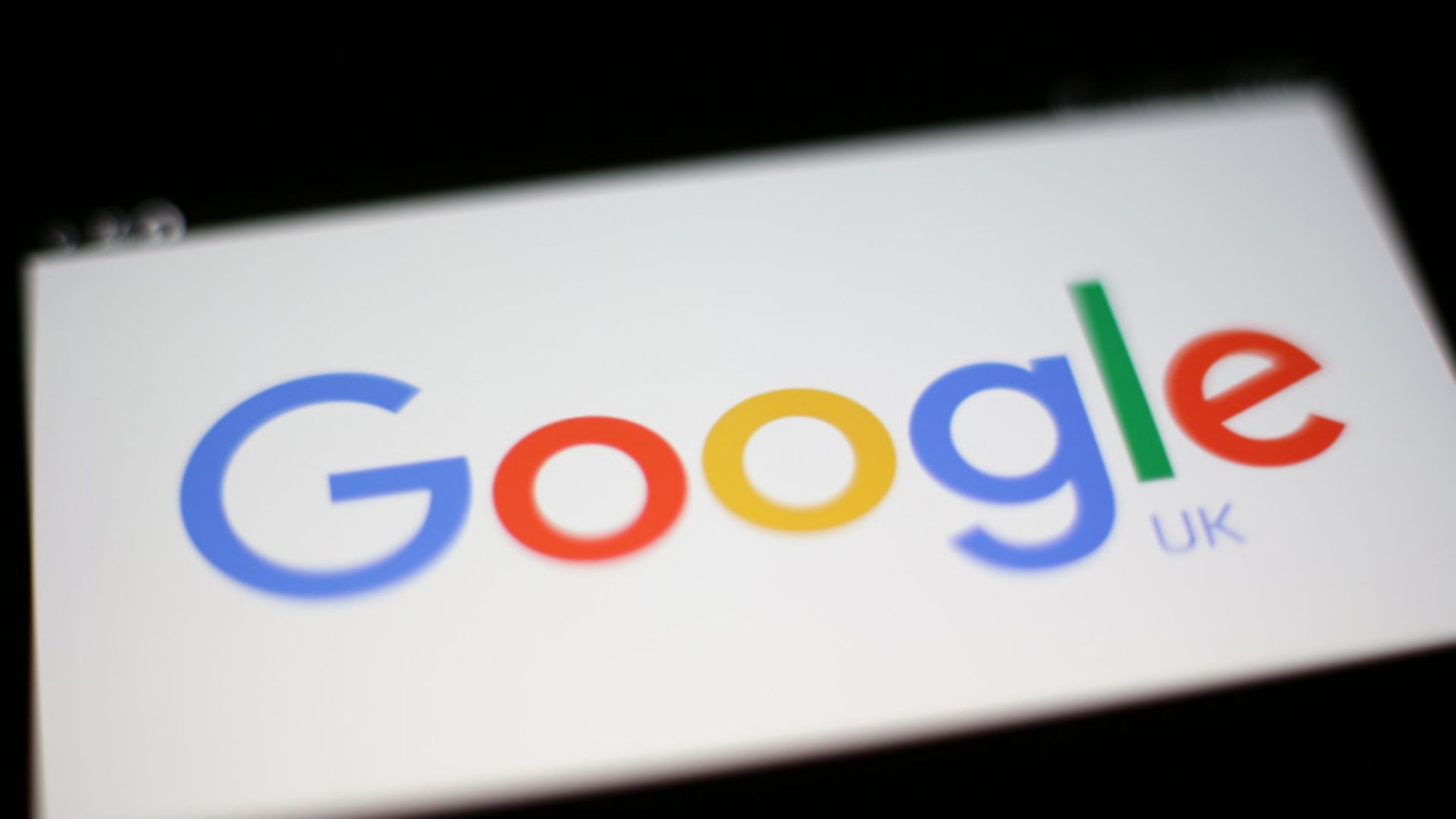
Google will no longer allow voters to be targeted by advertisers based on their political affiliation, the company has announced.
Election audience advertisements will now be limited to the general categories of age, gender and general location, the PA reports.
The tech giant said that the changes would be implemented in order to improve voter confidence in digital political advertising and international electoral processes.
In a blogpost, Google Ads executive Scott Spencer, said the company was “clarifying” its advertising policies to avoid material that could “significantly undermine participation or trust in the democratic process” being posted on its platforms.
“We’re proud that people around the world use Google to find relevant information about elections,” he said.
“But given recent concerns and debates about political advertising, and the importance of shared trust in the democratic process, we want to improve voters’ confidence in the political ads they may see on our ad platforms.
“While we’ve never offered granular microtargeting of election ads, we believe there’s more we can do to further promote increased visibility of election ads.
“That’s why we’re limiting election ads audience targeting to the following general categories: age, gender, and general location (postal code level).”
READ MORE: Who is on the BBC Question Time panel tonight?READ MORE: EU law expert brands Boris Johnson’s Brexit claims the ‘biggest con trick’Google says that it will begin enforcing the changes in the UK “within a week,” in time for the General Election on December 12.
The new policies would apply to all advertisers and content types including “deep fakes” (doctored or manipulated media), misleading claims about the census process, and ads making “demonstrably false claims”.
Google is the latest tech company to respond to growing scrutiny over online political advertising.
Twitter recently launched a new tool on its platforms that enables people to report deliberately misleading details about the voting process, weeks after announcing a ban on political adverts.
Rival social media firm Facebook has faced repeated calls to ban all political advertising after a number of misleading ads were taken down from the platform.









